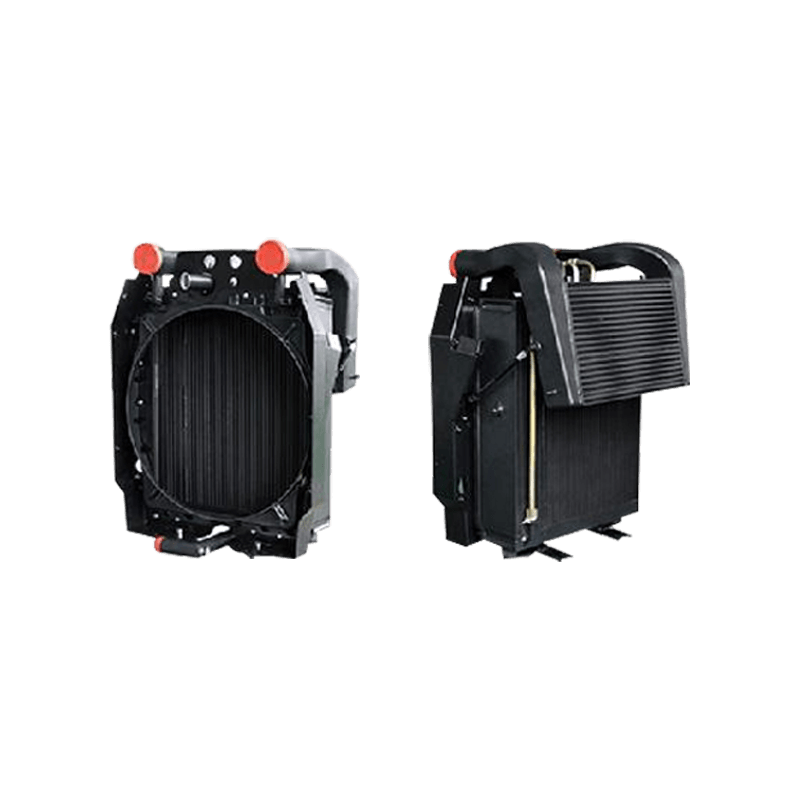 +86-13812067828
+86-13812067828
Agricultural machinery heat exchangers play a critical role beyond just engine cooling—they are integral to the efficient operation of hydraulic systems found in many farming machines. Hydraulic components rely on precise temperature control to maintain fluid viscosity and system pressure, making heat exchangers essential for preventing overheating and preserving performance. Proper thermal management reduces wear and tear, ultimately extending the life of expensive hydraulic parts.
Hydraulic systems generate considerable heat during operation, especially under heavy loads like lifting, towing, or digging. If this heat is not effectively dissipated, the hydraulic oil’s properties degrade, leading to reduced lubrication, increased friction, and accelerated component failure. Agricultural machinery heat exchangers designed specifically for hydraulic cooling remove excess heat by transferring it from the oil to the engine coolant or ambient air, maintaining optimal fluid temperatures.
The selection and design of heat exchangers in hydraulic circuits must consider the fluid flow rate, pressure, and operating temperature range. These factors ensure the heat exchanger can handle the thermal load without causing excessive pressure drops that would reduce system efficiency. Materials with high thermal conductivity, such as aluminum and copper, are often favored to maximize heat transfer while minimizing weight—a crucial consideration for mobile agricultural equipment.
Corrosion resistance is another vital aspect, since hydraulic fluids can contain additives or contaminants that may attack metals over time. Agricultural machinery heat exchangers often incorporate protective coatings or stainless steel components to withstand exposure to harsh chemicals and environmental conditions. This durability is necessary to keep the system running smoothly in muddy, dusty, and wet farm settings, where maintenance opportunities may be limited.

Integration with the overall cooling system is important. Some agricultural machinery designs use a combined heat exchanger that cools both engine coolant and hydraulic oil, improving space utilization and reducing manufacturing costs. However, careful engineering ensures that the heat exchanger meets the distinct temperature control requirements of each fluid to avoid compromising either system's performance.
Regular inspection and maintenance of agricultural machinery heat exchangers are crucial for sustained machinery reliability. Blockages caused by dirt or oil degradation can reduce heat transfer efficiency, leading to overheating and potential system shutdowns. As a manufacturer, we emphasize the importance of quality components and easy access for cleaning to help customers avoid costly downtime and maintain smooth operations during busy seasons.
Our experience manufacturing agricultural machinery heat exchangers allows us to tailor solutions that fit the unique needs of hydraulic systems on tractors, combines, and other farm equipment. By optimizing heat exchanger design and material choice, we help improve fuel efficiency and equipment lifespan while reducing the risk of unexpected failures. Partnering with a trusted supplier ensures your machinery benefits from reliable thermal management, keeping it productive year-round.
The right heat exchanger for your hydraulic system can make a tangible difference in performance and maintenance costs. Investing in expertly designed cooling components is a smart move that supports both the durability of agricultural machinery and the success of farming operations. Quality agricultural machinery heat exchangers are an essential part of modern equipment, and our commitment is to provide solutions that deliver value and reliability in every field.